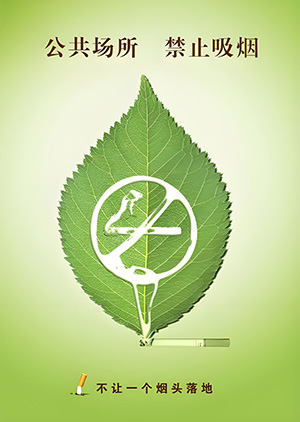dysphemism
['dɪsfə,mɪzəm]
释义
n. 粗直语;粗直语用法
英文词源
- dysphemism (n.)
- 1884, "substitution of a vulgar or derogatory word or expression for a dignified or normal one," from Greek dys- "bad, abnormal, difficult" (see dys-) + pheme "speech, voice, utterance, a speaking," from phanai "speak" (see fame (n.); Greek dysphemia meant "ill language, words of ill omen"). The opposite of euphemism. Rediscovered 1933 from French formation dysphémisme (1927, Carnoy).
The French psychologist Albert J. Carnoy gave an extensive definition in his study Le Science du Mot, which in translation runs: "Dysphemism is unpitying, brutal, mocking. It is also a reaction against pedantry, rigidity and pretentiousness, but also against nobility and dignity in language" (1927, xxii, 351). [Geoffrey L. Hughes, "An Encyclopedia of Swearing," 2006]
双语例句
- 1. His favorite dysphemism was to ask for axle grease when he wanted butter.
- 他最爱开的恶俗玩笑就是想要奶油的时候说是要车轴润滑油.
来自互联网
英英释意
- 1. an offensive or disparaging expression that is substituted for an inoffensive one;
- "his favorite dysphemism was to ask for axle grease when he wanted butter"
实用场景例句
- His favorite dysphemism was to ask for axle grease when he wanted butter.
- 他最爱开的恶俗玩笑就是想要奶油的时候说是要车轴润滑油.
互联网

